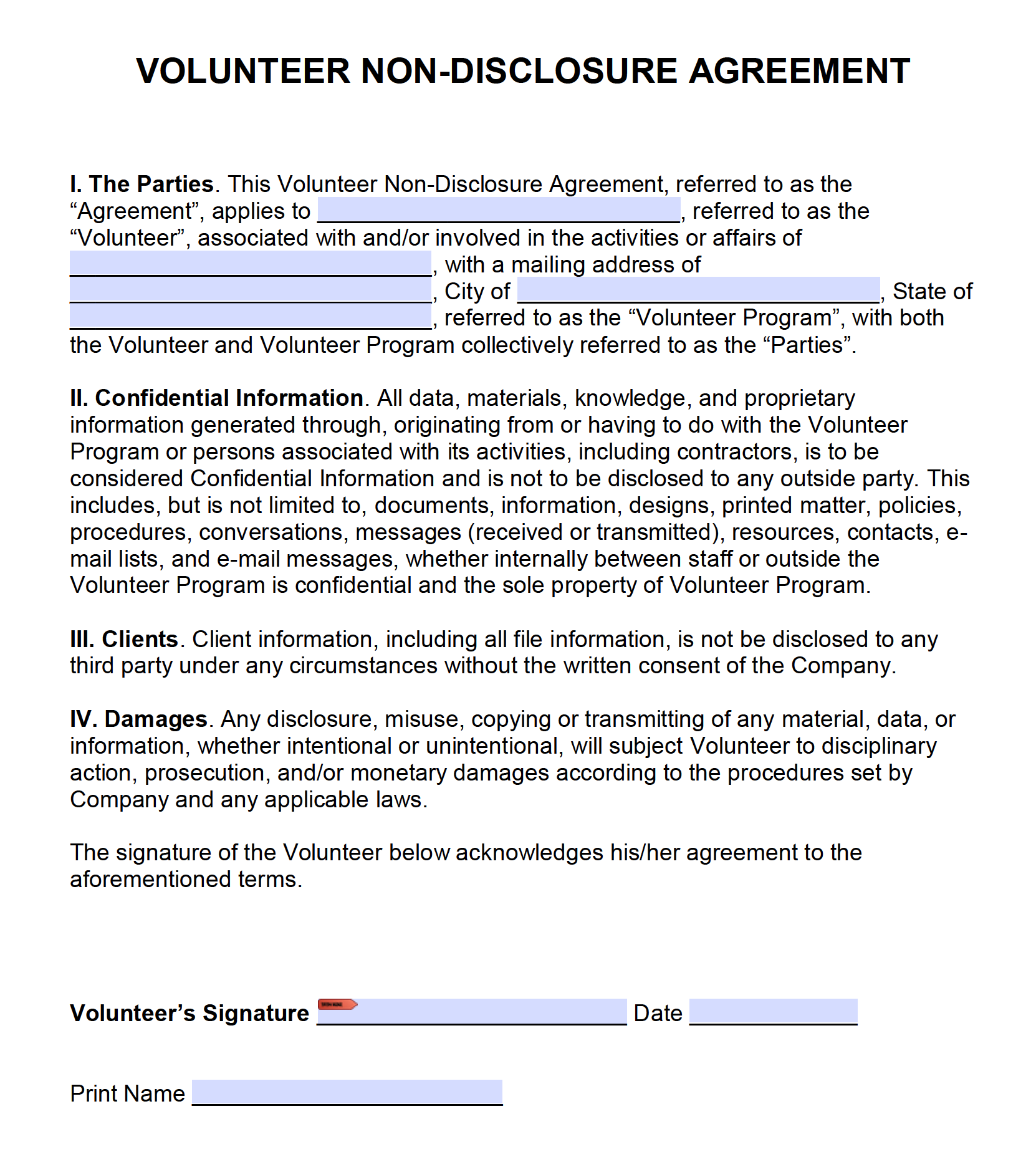Deciphering Corporate Voluntary Agreement (CVA) in Business Practices
Deciphering Corporate Voluntary Agreement (CVA) in Business Practices
Blog Article
Ultimate Guide to Comprehending Company Voluntary Arrangements and Just How They Benefit Businesses
Company Volunteer Arrangements (CVAs) have ended up being a calculated tool for organizations looking to navigate financial difficulties and restructure their operations. As the organization landscape continues to develop, recognizing the complexities of CVAs and exactly how they can positively impact companies is vital for educated decision-making.
Recognizing Corporate Voluntary Agreements
In the realm of company governance, an essential principle that plays a crucial function in forming the partnership in between firms and stakeholders is the elaborate device of Corporate Volunteer Agreements. These agreements are voluntary commitments made by companies to abide by specific requirements, practices, or goals past what is legally required. By entering right into Business Volunteer Arrangements, business demonstrate their dedication to social duty, sustainability, and ethical organization techniques.
One trick facet of Business Voluntary Arrangements is that they are not lawfully binding, unlike regulatory needs. Firms that willingly commit to these arrangements are still expected to promote their assurances, as stopping working to do so can result in reputational damage and loss of stakeholder trust fund. These agreements typically cover locations such as ecological defense, labor civil liberties, diversity and inclusion, and area engagement.

Advantages of Company Volunteer Contracts
Moving from an expedition of Company Voluntary Agreements' importance, we now turn our focus to the tangible benefits these agreements supply to companies and their stakeholders. Among the main benefits of Corporate Volunteer Contracts is the opportunity for firms to restructure their debts in a more convenient way. This can assist alleviate financial concerns and protect against potential insolvency, enabling business to continue operating and possibly grow. In addition, these agreements give a structured structure for settlements with creditors, fostering open interaction and collaboration to reach mutually advantageous options.
Additionally, Business Voluntary Contracts can enhance the business's reputation and partnerships with stakeholders by demonstrating a dedication to resolving economic difficulties properly. By proactively looking for services through voluntary contracts, organizations can showcase their dedication to meeting obligations and maintaining count on within the market. Moreover, these contracts can provide a degree of confidentiality, allowing firms to resolve economic problems without the public analysis that may come with other restructuring alternatives. On The Whole, Corporate Voluntary Contracts act as a critical device for firms to browse financial hurdles while preserving their procedures and connections.
Process of Executing CVAs
Understanding the procedure of implementing Business Voluntary Agreements is important for business seeking to navigate economic difficulties successfully and sustainably. The primary step in implementing a CVA includes assigning a licensed insolvency practitioner that will function very closely with the firm to assess its financial scenario and feasibility. This first analysis is important in figuring out whether a CVA is the most appropriate option for the company's monetary troubles. Once the choice to wage a CVA is made, a proposal outlining just how the firm intends to repay its creditors is prepared. This proposal must be authorized by the firm's financial institutions, that will certainly elect on its approval. If the proposal is accepted, the CVA is executed, and the business must stick to the agreed-upon settlement plan. Throughout the application process, normal communication with lenders and thorough economic administration are essential to the successful execution of the CVA and the firm's eventual economic recuperation.
Secret Considerations for Services

One more vital factor to consider is the level of transparency and communication throughout the CVA process. Open up and straightforward interaction with all stakeholders is important for constructing trust fund and ensuring a smooth implementation of the agreement. Companies need to likewise think about seeking specialist recommendations from financial professionals or legal experts to navigate the complexities of the CVA procedure properly.
Moreover, organizations require to examine the long-lasting ramifications of the CVA on their track record and future financing possibilities. While a CVA can give prompt relief, it is important to examine how it might influence relationships with financial institutions and financiers in the lengthy run. By meticulously thinking about these key variables, companies can make educated choices concerning Corporate Volunteer Contracts and set themselves up for a successful monetary turn-around.
Success Stories of CVAs in Action
Numerous organizations have successfully implemented Company Volunteer Agreements, showcasing the performance of this economic restructuring device in renewing their procedures. By entering right into a CVA, Firm X was able to renegotiate lease agreements with property managers, reduce expenses expenses, and restructure its debt obligations.
In one more circumstances, Business Y, a production firm burdened with heritage pension plan obligations, used a CVA to reorganize its pension commitments and enhance its procedures. Via the CVA procedure, Business Y accomplished substantial price savings, improved its competitiveness, and safeguarded long-term sustainability.
These success tales highlight how Company Voluntary Arrangements can offer struggling businesses with a feasible course in the direction of monetary recuperation and operational turnaround. By proactively addressing financial difficulties and restructuring obligations, firms can arise stronger, more active, and better positioned for future growth.
Verdict
In conclusion, Corporate Volunteer Contracts use services an organized method to settling economic difficulties and restructuring financial debts. By carrying out CVAs, companies can avoid bankruptcy, safeguard their properties, and maintain partnerships with financial institutions.
In the realm of company administration, an essential principle that plays a pivotal duty in shaping the relationship between companies and stakeholders is the intricate system of Business Volunteer Agreements. what is a cva agreement?. By getting in into Company Volunteer Agreements, business demonstrate their dedication to social obligation, sustainability, and moral business practices
Moving from an exploration of Corporate Voluntary Contracts' importance, we currently transform our interest to the concrete cva meaning business advantages these contracts offer to companies and their stakeholders.In Addition, Company Voluntary Contracts can enhance the company's track record and relationships with stakeholders by showing a commitment to addressing monetary difficulties properly.Recognizing the procedure of implementing Corporate Voluntary Arrangements is essential for business looking for to navigate economic obstacles effectively and sustainably.
Report this page